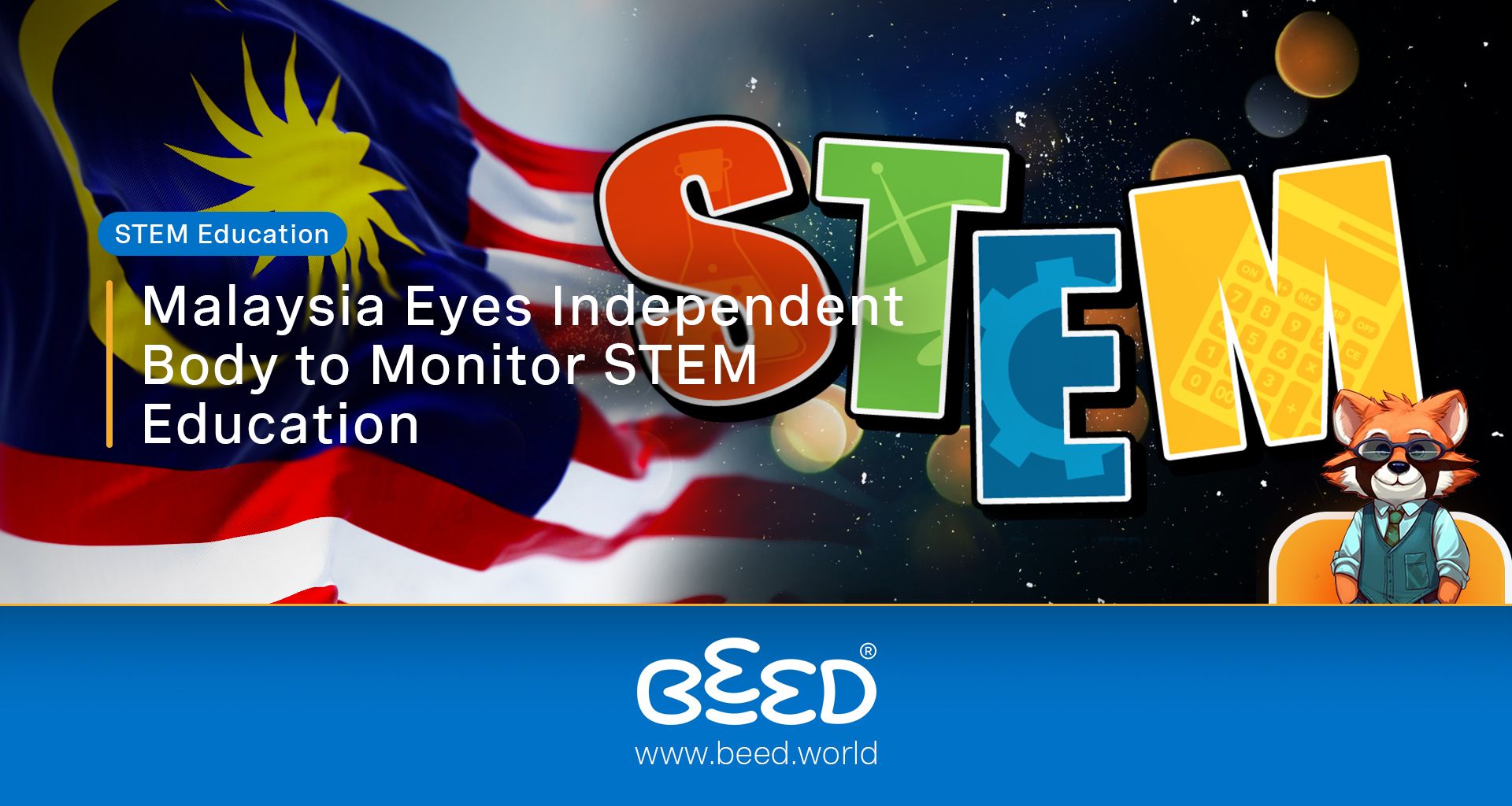Malaysia Eyes Independent Body to Monitor STEM Education.

Kuala Lumpur, November 1, 2023 – Calls for establishing an independent body to oversee and evaluate the teaching of Science, Technology, Engineering, and Mathematics (STEM) subjects in Malaysian schools have gained momentum, echoing the goals of the BeED initiative aimed at transforming Malaysia into a global hub for TVET education. This proposal, highlighted in a recent article in The Star titled “Set up a body to oversee the teaching of STEM in schools, govt told,” underscores the national concern for strengthening STEM education and ensuring its effectiveness in nurturing future generations of skilled professionals.
The article quotes educationist Yunus Yasin, President of the Association of Science Technology and Innovation (Asti), urging the government to establish such a body to monitor the quality of STEM teaching and learning. This proposal resonates strongly with BeED’s emphasis on raising the standards and relevance of TVET education, which encompasses STEM-related fields.
Alignment between BeED and the Independent Body Proposal:
Promoting Quality Assurance: Both BeED and the proposed body strive to ensure high-quality STEM education. BeED emphasizes curriculum reform, infrastructure development, and instructor training, while an independent body can provide crucial oversight and evaluation functions, identifying areas for improvement and setting benchmarks for excellence.
Data-Driven Approach: Effective implementation and monitoring require comprehensive data analysis. BeED promotes data-driven decision-making in TVET education, and an independent body can gather and analyze data on STEM teaching and learning, providing valuable insights for informed policy adjustments.
Industry Collaboration: Both initiatives recognize the importance of industry engagement in STEM education. BeED fosters partnerships with industry players to ensure TVET curriculum aligns with market needs. An independent body can further strengthen this collaboration by connecting schools with industry experts and incorporating real-world perspectives into STEM teaching.
Student-Centric Focus: Ultimately, both BeED and the proposed body aim to empower students and optimize their learning outcomes. BeED prioritizes active learning methodologies and skill development, while an independent body can monitor the effectiveness of teaching practices and ensure they cater to diverse student needs and learning styles.
A Catalyst for STEM Excellence:
Establishing an independent body to oversee STEM education aligns with BeED’s broader vision for a future-proof education system. It can offer a robust platform for continuous improvement, ensure high-quality learning experiences for students, and equip them with the critical skills and knowledge needed to thrive in the science and technology-driven world.
This proposition reflects a growing national acknowledgement of the crucial role STEM education plays in propelling Malaysia’s economic competitiveness and global standing. By fostering a rigorous and adaptable STEM education system, both BeED and the proposed independent body can pave the way for Malaysia to establish itself as a leader in STEM innovation and talent development.
In conclusion, the call for an independent body to oversee STEM education resonates with the core principles of the BeED initiative. By working in tandem, these efforts can significantly enhance the quality, relevance, and effectiveness of STEM teaching in Malaysian schools, empowering students to embrace the challenges and opportunities presented by the ever-evolving technological landscape.